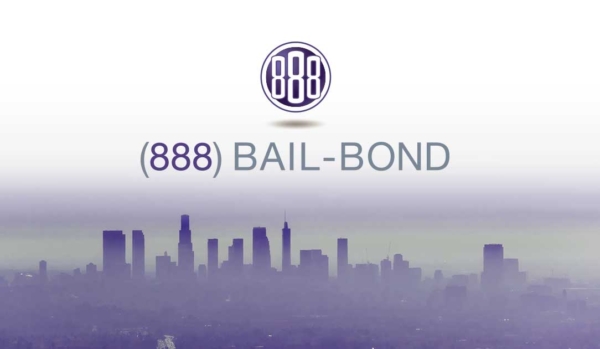Sources close to the Orange County Jail system say the county is considering moving forward with a pilot program for some of its inmates. If approved, jails will take a more risk-based approach deciding which defendants are released before their first court date.
Proponents say there are a number of pre-trial defendants who remain behind bars because they cannot afford to post bail bonds.
Creating Risk While Evaluating Risk
Opponents feel the proposed change in the system is a risky move. When an individual is released from jail through bail, the bail bonds company and the person who signed the bail contract are responsible for making sure the defendant gets to court. If the defendant misses court both there is a financial incentive for the bondsman to ensure the individual gets back into the justice system.
Bail bond companies have experience in evaluating the risk involved in releasing defendants. Frankly, judges and the jail staff do not.
If a defendant who is released on their "own recognizance" (meaning without bail) fails to appear in court, law enforcement officials simply don't have the time, funding or resources to track them down.
Judges say that if the program is approved they will use testing methodology to determine which inmates are likely to appear and which ones are not.
They also point out that the release isn't a "get out of jail free" card. These defendants will be monitored, whether it be curfew based, a GPS tracking device or if through regular check ins with a probation officer.
However, each of these check in options come with significant cost. Monitoring would be a burden on public finances. Typically, GPS tracking is paid by the defendant. It seems unlikely that a defendant who reportedly cannot afford bail could afford GPS tracking.
The opposing argument
Proponents feel the current bail system is unfair because it favors those who have a greater financial means. They argue that those who can't afford to pay the fee remain stuck behind bars and are more likely to plead out on a case in hopes of getting "time served" so they can go home.
 Judges say they stand by the risk-assessment model because it won't be a one-size-fits-all approach. They will look at things such as criminal history, history of drug use, if the defendant lives locally and whether the district attorney is seeking an extended jail or prison sentence.
Judges say they stand by the risk-assessment model because it won't be a one-size-fits-all approach. They will look at things such as criminal history, history of drug use, if the defendant lives locally and whether the district attorney is seeking an extended jail or prison sentence.
The risk-assessment release won't be for everyone, they said, just the lowest-level offenders who aren't considered to be a flight risk.
Disputing the claims
While the stated position for making changes to the OC bail system is that bail is unfair because it discriminates against lower income people, studies do not support this.
For example, take the ACLU commissioned a study of pretrial defendants being held because of lacking financial means. The study found that roughly 88 percent those who had not bonded were still in jail because they were ineligible to post bail bonds, not because they were financially unable.
Reasons for ineligibility included immigration holds, waiting to be transferred to another jail, probation or parole violations, or because they were being detained for assaultive crimes. Others still were being detained due to outstanding warrants, because they were considered to be "high security" or because they had been sentenced on another crime.
Roughly 12 percent of pre-trial detainees who were in custody were eligible to hire a bondsman, according to the study, and of those most hire a bail agent to secure their release.
















Follow Us
Facebook
Twitter
Google +1
LinkedIn
Youtube